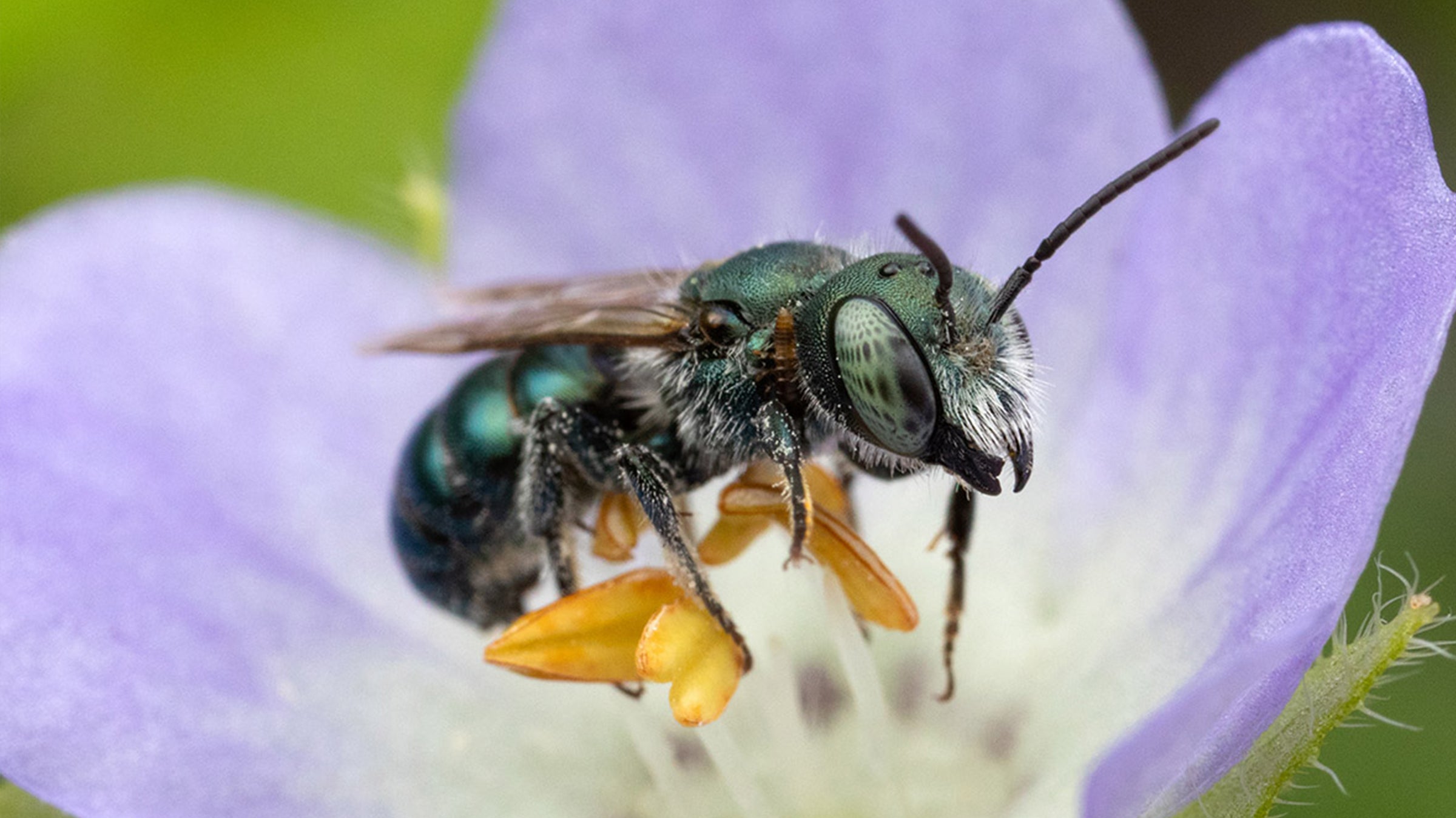
Dr. Eric Rodger Pianka was an evolutionary ecologist of enormous influence who spent his life studying lizards. Nicknamed “The Lizard Man,” his research covered a broad range of topics pertaining to the ecology, biology, and evolution of lizards, including rarity and responses to fire. His work contributed to the understanding of ecology, population growth, and evolution. He is considered by colleagues to have been one of the last explorer-naturalists, biologists who spent great amounts of time in the field similar to the lives of many 19th century naturalists.
Pianka was born in the shadow of Mount Shasta in Hilt, Siskiyou County, along the California-Oregon border. His love of lizards began at the age of six, and in his early teens he suffered an injury from the accidental explosion of a bazooka shell. It was an injury that forever altered his mobility, but he saw it as a character-building event that gave him a can-do approach to rigorous challenges in the field.
Pianka graduated from Carleton College in 1960 with a B.A. in Biology. He earned his Ph.D. from the University of Washington, Seattle, in 1965. He did postdoctoral work with the eminent ecologist Robert MacArthur at Princeton University. In the summer of 1968, Pianka accepted an assistant professorship at the University of Texas at Austin where he would stay until his retirement in 2020. During his 52 years of service to UT, he taught dozens of courses in ecology to thousands of undergraduate students and hundreds of graduate students and postdocs. Some of these individuals would themselves become leaders in their fields, such as Kirk Winemiller at Texas A&M and Raymond Huey at the University of Washington.
When Pianka was just starting his career, ecology and evolution were two largely separate areas of research. In his 1973 book Evolutionary Ecology, Pianka tried to merge the two fields by revealing ways evolution impinges on ecology and how ecology influences evolutionary patterns. This was new for its time and influenced many scientists to think differently about biological diversity.
Pianka’s love of being in the field took him to some challenging locations to study the ecology of desert lizards, including the Kalahari Desert and the Australian Outback.
Pianka published approximately 150 scientific papers. In 1986, he was endowed the prestigious lifetime Denton A Cooley Centennial Professor of Zoology Chair. His honors are numerous, some of which include Guggenheim Fellow (1980), American Association for the Advancement of Science Fellow (1981), Denton A. Cooley Centennial Professor (1986), Fulbright Senior Research Scholar (1990), and being elected a member of the American Academy of Arts and Sciences (2014). Pianka received the 2006 Distinguished Texas Scientist Award from the Texas Academy of Science. In 2015, he received the Eminent Ecologist Award, the highest award of the Ecological Society of America.
Pianka was also a devoted father and grandfather. On September 12, 2022, he died peacefully in his home in the Texas Hill Country, in the house he built along Flat Creek in Blanco County. He was predeceased by one daughter, Karen Pianka, and three siblings (Michael Pianka, Jeannine Shepard and Nicholas Pianka) and is survived by his daughter, Gretchen Pianka, and three grand-children.
Eric Pianka pioneered community-based biodiversity studies. His active career at UT Austin and sojourns in deserts of the world studying lizards will be missed by all who value natural history and wild nature on planet Earth.



